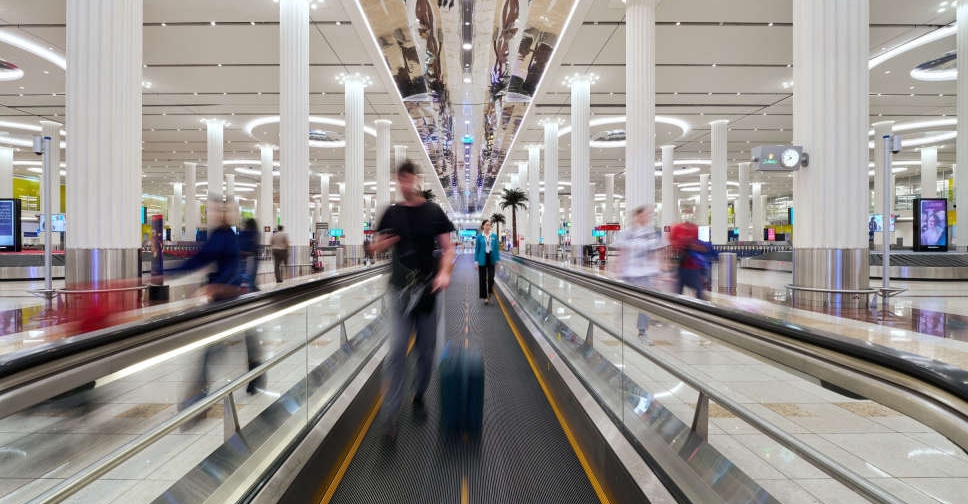
A group of drivers are entitled to worker rights such as the minimum wage at Uber, Britain's Supreme Court decided on Friday in a blow to the ride-hailing service.
In a case led by two drivers, a London employment tribunal ruled in 2016 that they were due entitlements such as paid holidays and rest breaks.
Uber drivers are currently treated as self-employed, meaning that in law they are only afforded minimal protections.
The Silicon Valley-based firm appealed the original ruling all the way to Britain's top court.
"The Supreme Court unanimously dismisses Uber's appeal," judge George Leggatt said.
"The legislation is intended to give certain protections to vulnerable individuals who have little or no say over their pay and working conditions."
A total of 25 drivers form part of an expanded group who are in the case. Uber has around 60,000 drivers in Britain, including 45,000 in London, one of its most important markets.
It could still take several months for the details of Friday's decision to be worked out if a further employment tribunal hearing is needed to sort through practicalities over sums owed to drivers.


 Dubai sets new rules to regulate petroleum trading
Dubai sets new rules to regulate petroleum trading
 DXB set for a strong year-end travel peak with 10 million guests expected
DXB set for a strong year-end travel peak with 10 million guests expected
 Australian delivery workers set to gain minimum pay in landmark deal
Australian delivery workers set to gain minimum pay in landmark deal
 Dubai Airshow 2025 attracts over AED741.8 billion in deals
Dubai Airshow 2025 attracts over AED741.8 billion in deals
 Sheikh Hamdan, Sheikh Theyab attend EGA’s 50th anniversary celebration
Sheikh Hamdan, Sheikh Theyab attend EGA’s 50th anniversary celebration




